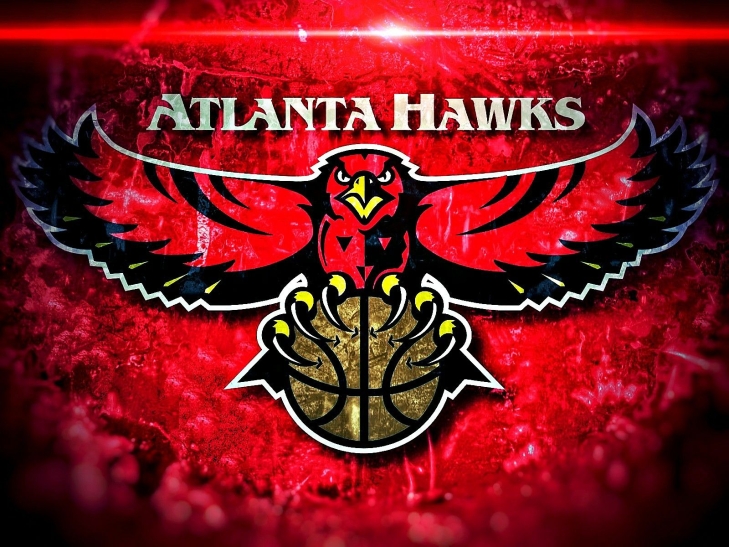
Committee Chairman
Our All Time Top 50 Boston Bruins Have Been Revised to reflect the 2023-24 Season
Yes, we know that this is taking a while!
As many of you know, we at Notinhalloffame.com are slowly generating the top 50 of each major North American sports team. That being said, we have existing Top 50 lists and consistently look to update them when necessary and based on necessity. As such, we are delighted to present our post-2023-24 revision of our top 50 Boston Bruins.
As for all of our top 50 players in hockey, we look at the following:
1. Advanced Statistics.
2. Traditional statistics and how they finished in the National Hockey League.
3. Playoff accomplishments.
4. Their overall impact on the team and other intangibles that are not reflected in a stat sheet.
Last year, the Bruins had another outstanding regular season but only made it to the second round. With their talent, this was considered a disappointment. There were no new entrants and multiple elevations.
As always, we present our top five, which saw no changes:
1. Bobby Orr
2. Eddie Shore
3. Ray Bourque
4. Phil Esposito
5. Patrice Bergeron
You can find the entire list here.
Forward Brad Marchand, who had a good year, was unable to get past last season’s rank of #11.
David Pastrnak, who was a Second Team All-Star last season, advanced to #14 from #18.
Defenseman Charlie McAvoy edged up one spot to #35.
We thank you for your continued support of our lists on Notinhalloffame.com.
Our All Time Top 50 Atlanta Hawks have been revised to reflect the 2023-24 Season
Yes, we know that this is taking a while!
As many of you know, we at Notinhalloffame.com are slowly generating the top 50 of each major North American sports team. That being said, we have existing Top 50 lists and consistently look to update them when necessary and based on necessity. As such, we are delighted to present our post-2023 revision of our top 50 Atlanta Hawks.
As for all of our top 50 players in basketball, we look at the following:
1. Advanced Statistics.
2. Traditional statistics and how they finished in the National Basketball Association.
3. Playoff accomplishments.
4. Their overall impact on the team and other intangibles that are not reflected in a stat sheet.
Last year, the Hawks made it to the play-in but did not make the official post-season. Nevertheless, there were two new entrants and multiple elevations.
As always, we present our top five, which saw no changes:
1. Bob Pettit
2. Dominique Wilkins
3. Cliff Hagan
4. John Drew
5. Mookie Blaylock
You can find the entire list here.
Guard Trae Young, named to his third All-Star Game last year, rose to #12 from #15.
Center Clint Capela moved up four spots to #26.
The two new entrants, Bogdan Bogdanovic and Onyeka Okungwe, debuted at #45 and #46, respectively.
Walt Hazzard and Antoine Carr fell off the list.
We thank you for your continued support of our lists on Notinhalloffame.com.
Our All Time Top 50 Anaheim Ducks Have Been Revised to Reflect the 2023-24 Season
Yes, we know that this is taking a while!
As many of you know, we at Notinhalloffame.com are slowly generating the top 50 of each major North American sports team. That being said, we have existing Top 50 lists and consistently look to update them when necessary and based on necessity. As such, we are delighted to present our post-2023 revision of our top 50 Anaheim Ducks.
As for all of our top 50 players in hockey, we look at the following:
1. Advanced Statistics.
2. Traditional statistics and how they finished in the National Hockey League.
3. Playoff accomplishments.
4. Their overall impact on the team and other intangibles that are not reflected in a stat sheet.
Last year, Anaheim had another losing season and was not a playoff team. Regardless, there were some elevations, though new entrant to our Top 50.
As always, we present our top five, which saw no changes:
1. Teemu Selanne
2. Ryan Getzlaf
3. Paul Kariya
4. Corey Perry
5. Jean-Sebastian Giguere
You can find the entire list here.
American Defenseman Cam Fowler was unable to move past #6, where he stayed after the revision.
Goalie John Gibson edged up one spot to #8.
Left Wing Jakob Silfverberg, who left the NHL after last season to return to Sweden, went up three spots to #13.
Center Adam Henrique moved to #19 from #26.
Another American, Center Troy Terry, reached #22 from #30.
Notably, Trevor Zegras, who was injured for most of the year, was unable to elevate from #41.
We thank you for your continued support of our lists on Notinhalloffame.com.
42. Onyeka Okungwe
A former Mr. California Basketball and star at USC, Onyeka Okongwu was Atlanta’s 2020 Lottery Pick (Sixth Overall).
Okungwu dealt with a torn labrum early in his career but was healthier by his third season. Two years ago, the Center had his first double-digit finish in Points per Game, and increased that to 13.4 Points with an RPG of 8.9.
Okuongwu is still a work in progress and could still blossom into one of Atlanta’s next great big men.





